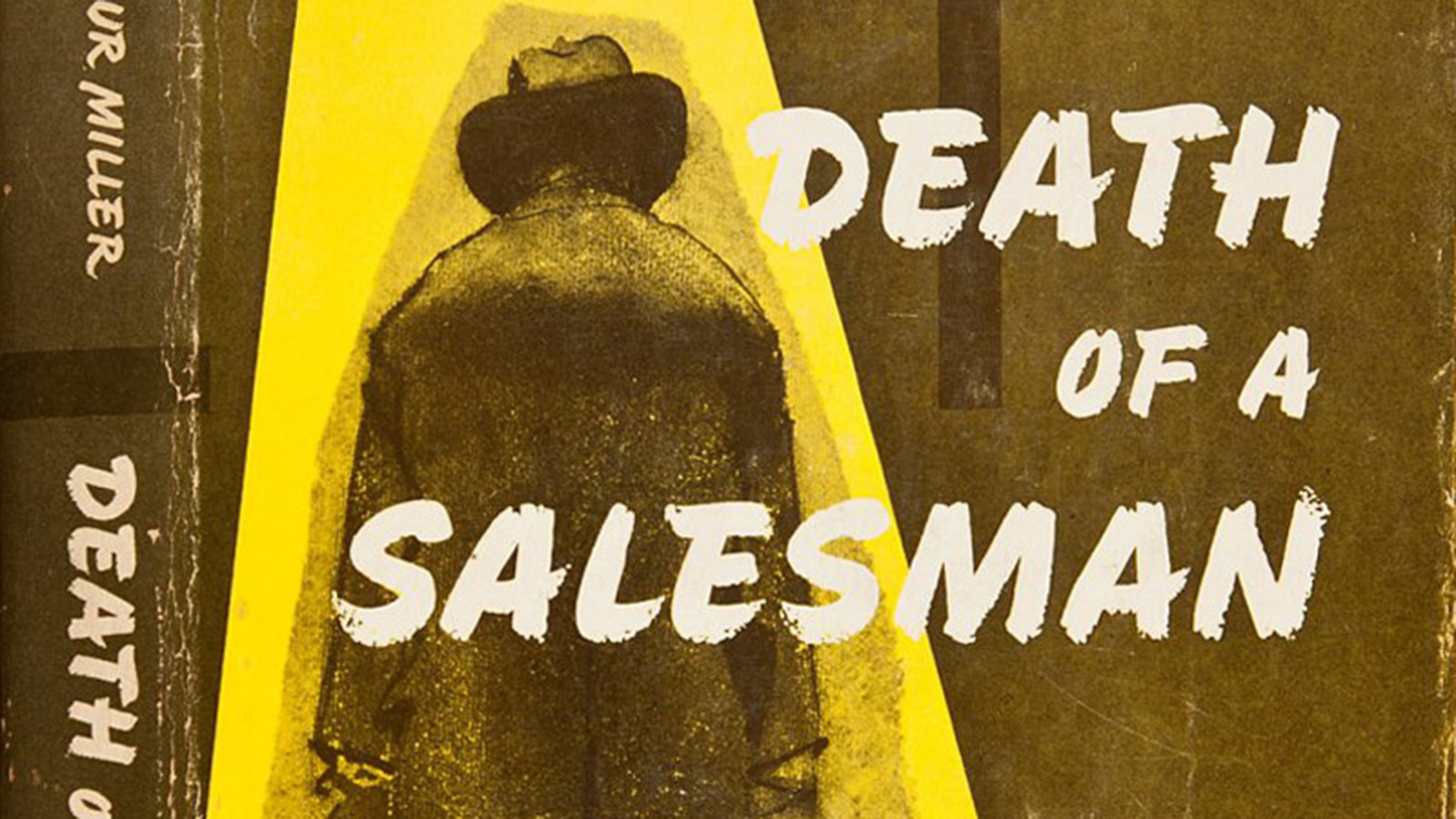Pareshee Fatima
In his essay “Of Superstition,” Francis Bacon delves into the dangers of excessive religiosity and its harmful impact on individuals and society. He argues that blind faith and adherence to ritualistic practices, often fueled by fear and ignorance, can distort our understanding of the divine and lead to negative consequences. Here’s a breakdown of his key points:
1. Superstition vs. Atheism:
- Bacon distinguishes between atheism, which simply denies the existence of God, and superstition, which misrepresents and ultimately dishonors God through fear-based practices and distorted beliefs. He finds the latter more dangerous due to its potential for manipulation and social disruption.
2. Dangers of Superstition:
- Bacon highlights how superstition can undermine rational thinking and societal order. He argues that it “dismounts” reason and “erecteth an absolute monarchy in the minds of men,” potentially leading to fanaticism and intolerance. He contrasts this with atheism, which, while not ideal, allows individuals to rely on reason and societal norms for guidance.
3. Historical Examples:
- Bacon cites historical examples like the Roman emperor Augustus Caesar’s reign, known for its relative peace and prosperity, to illustrate that atheism doesn’t necessarily lead to chaos. Conversely, he points to instances of superstition sparking social unrest and political instability, emphasizing its potential for harm.
4. Sources of Superstition:
- He identifies various factors that contribute to the rise of superstition, including:
- Sensual rites and ceremonies: Rituals focused on pleasing the senses rather than genuine spiritual connection.
- Excessive outward piety: Hypocritically displaying religious devotion without true inner understanding.
- Overemphasis on traditions: Blindly following established practices without critical evaluation.
- Self-serving manipulation: Religious leaders exploiting superstition for personal gain.
- Misinterpretation of divine matters: Applying human logic and understanding to the divine, leading to distorted beliefs.
- Dark times: Periods of hardship and uncertainty fostering fear and clinging to superstitious practices.
5. Avoiding Superstition:
- Bacon warns against the dangers of “avoiding superstition” by simply rejecting all religious practices. He emphasizes the need for a balanced approach, avoiding both blind adherence and knee-jerk rejection. He cautions against relying solely on popular opinion for religious reform, as this can lead to discarding valuable traditions along with harmful superstitions.
Overall, Bacon’s essay offers a nuanced critique of superstition, highlighting its dangers and potential for manipulation while acknowledging the importance of avoiding knee-jerk reactions. He encourages a critical and balanced approach to religion, emphasizing reason, individual understanding, and avoiding the pitfalls of both blind faith and fear-based practices.
Please, subscribe to the YouTube channel of republicpolicy.com

















































